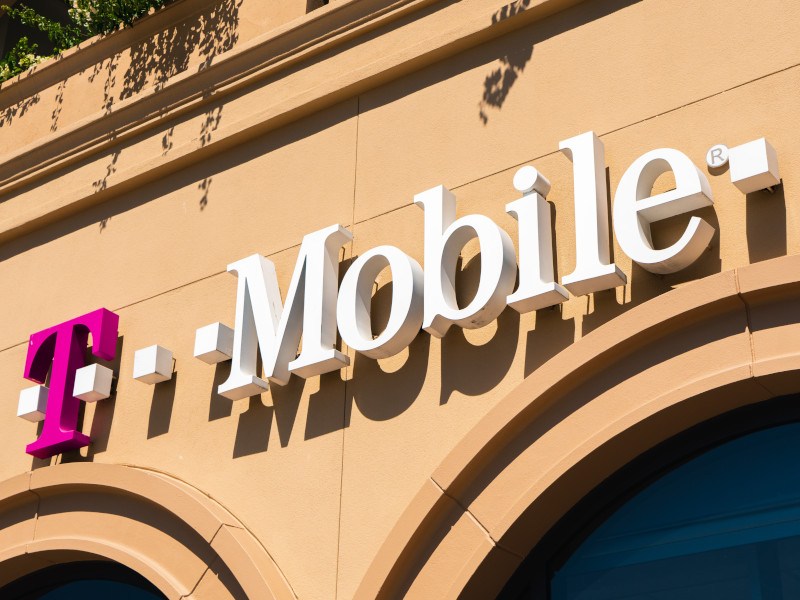
Following the acquisition, T-Mobile will give millions of UScellular customers, particularly those in rural areas, access to its extensive national 5G mobile network.
T-Mobile, the mobile telecom giant owned by Deutsche Telekom, plans to acquire the wireless business of US-based network operator UScellular.
The $4.4bn deal announced today (28 May) will see T-Mobile take over all UScellular wireless customers and stores, as well as certain specified spectrum assets.
T-Mobile is one of the largest network operators in the US with around 120m subscribers as of the first quarter of 2024, according to earnings released last month. Following the acquisition, it plans to give millions of UScellular customers, particularly those in underserved rural areas, access to its extensive national 5G network.
The company also said wireless consumers across the country will benefit from “enhanced choice and competition” if the acquisition goes ahead.
T-Mobile CEO Mike Sievert said that the deal will give UScellular customers “lower-priced, value-packed plans and better connectivity on our best-in-class nationwide 5G network”.
“As customers from both companies will get more coverage and more capacity from our combined footprint, our competitors will be forced to keep up – and even more consumers will benefit,” Sievert said.
Through the acquisition, which now awaits regulatory approval, T-Mobile will assume up to $2bn in debt through an exchange offer to be made to certain UScellular debtholders prior to closing.
“T-Mobile’s purchase and integration of UScellular’s wireless operations will provide best-in-class connectivity to rural Americans through enhanced nationwide coverage and service offerings at more compelling price points,” said Laurent Therivel, CEO of UScellular.
Last month, T-Mobile, Verizon, AT&T and Sprint (which merged with T-Mobile in 2020) were fined nearly $200m for illegally sharing access to customers’ real-time location data without their consent. Sprint and T-Mobile received a collective fine of $92m.
The FCC investigation found that the mobile network operators sold access to real-time customer location data to so-called aggregators, who then resold this access to third-party location-based service providers.
It alleges that the carriers had no valid customer consent to share this data and that they “continued to sell” access to location information without taking reasonable measures to protect it from unauthorised access even after becoming aware that their safeguards were ineffective – breaching US law.
Find out how emerging tech trends are transforming tomorrow with our new podcast, Future Human: The Series. Listen now on Spotify, on Apple or wherever you get your podcasts.

